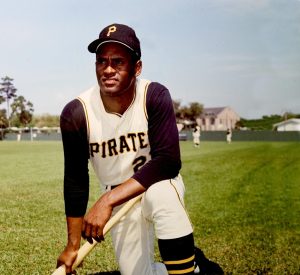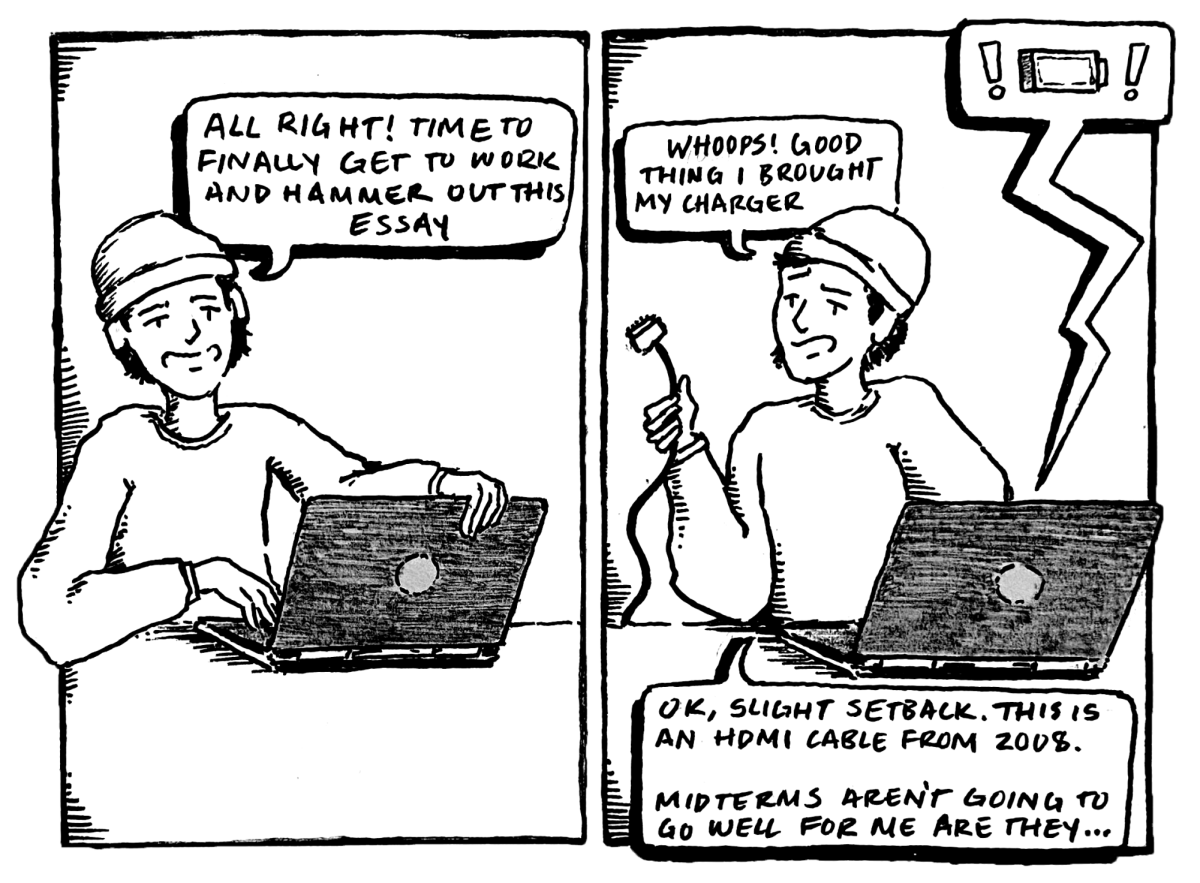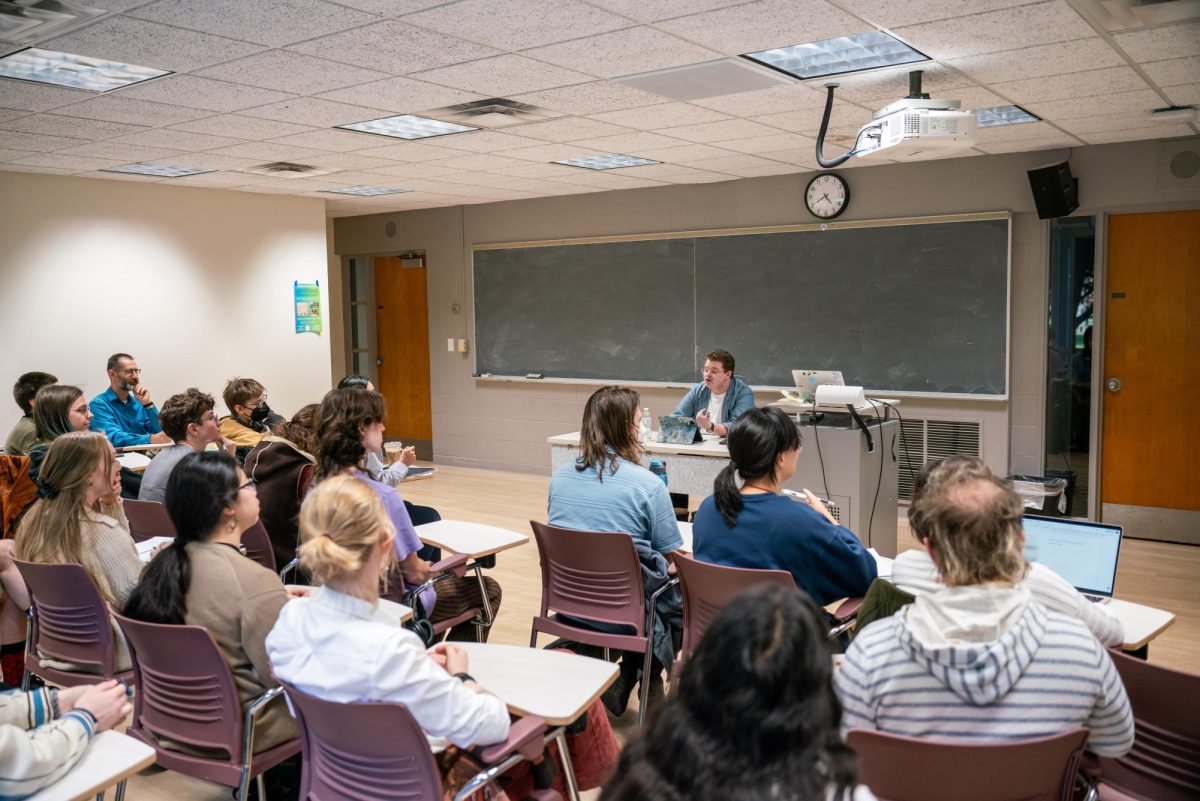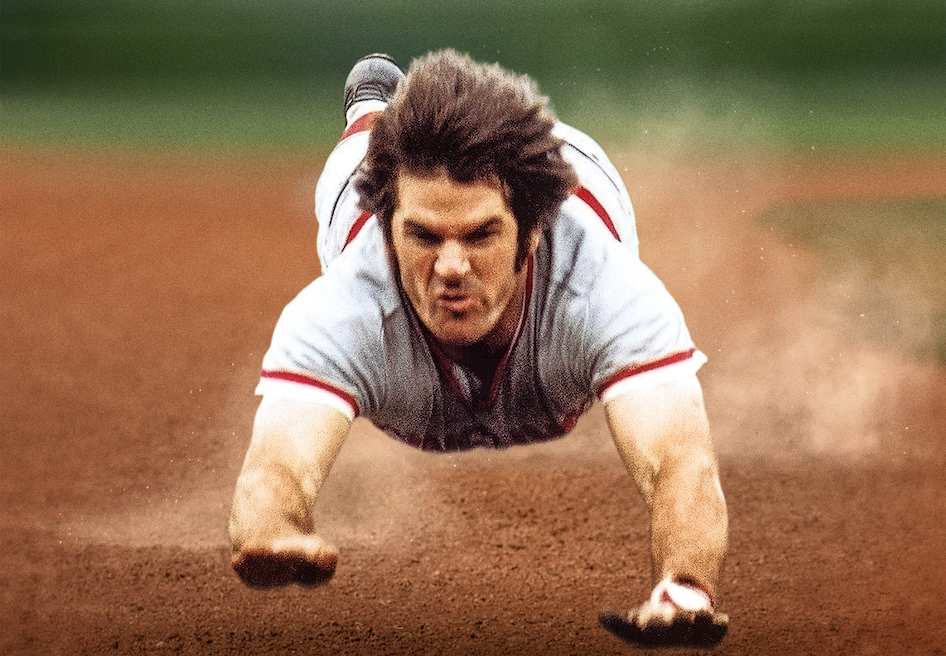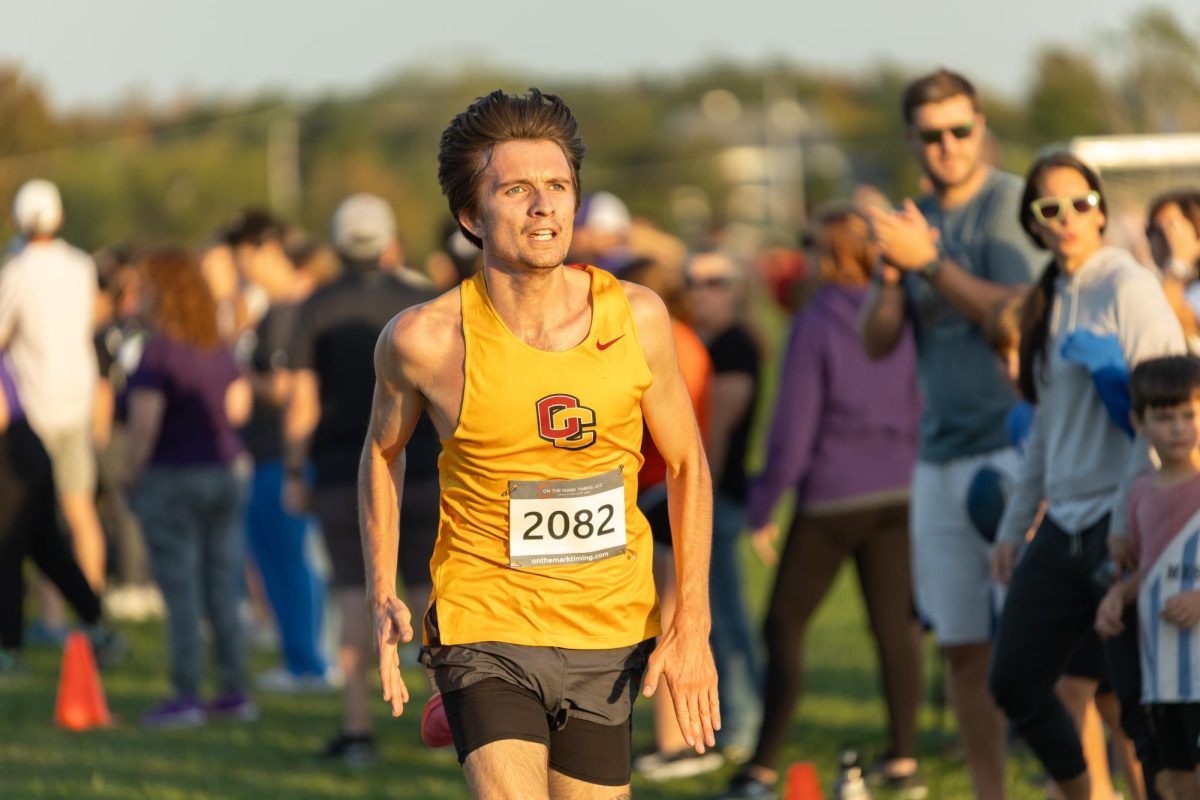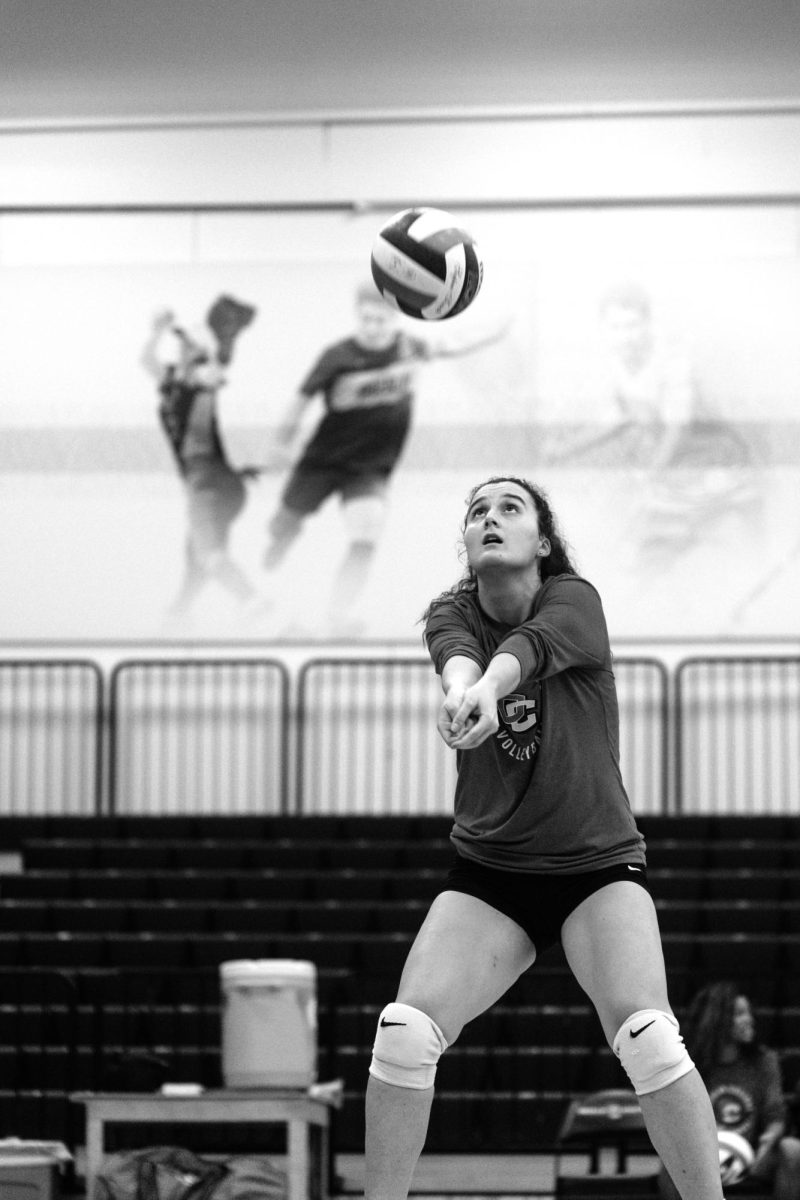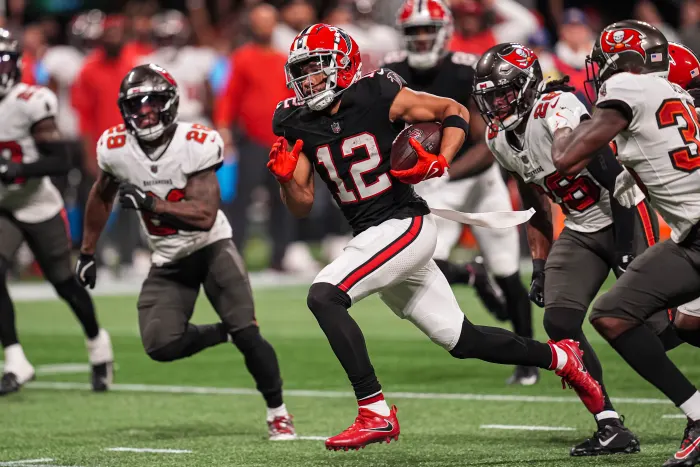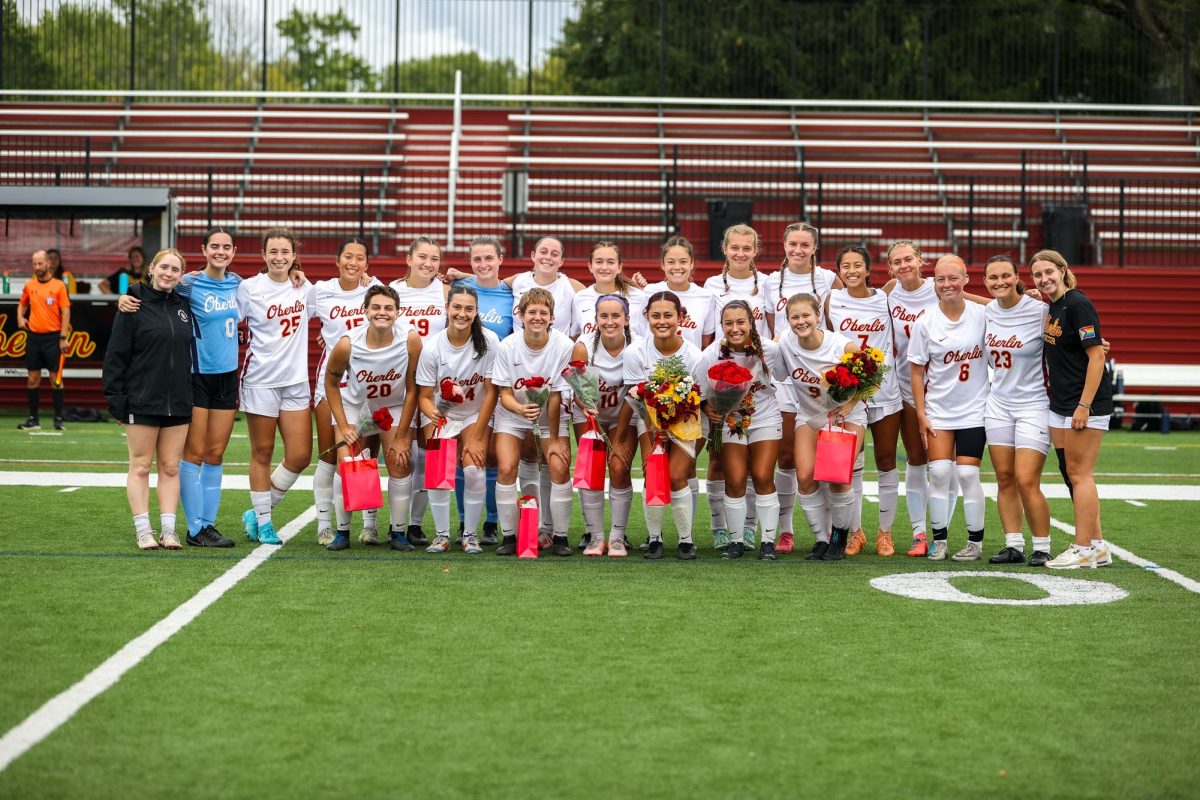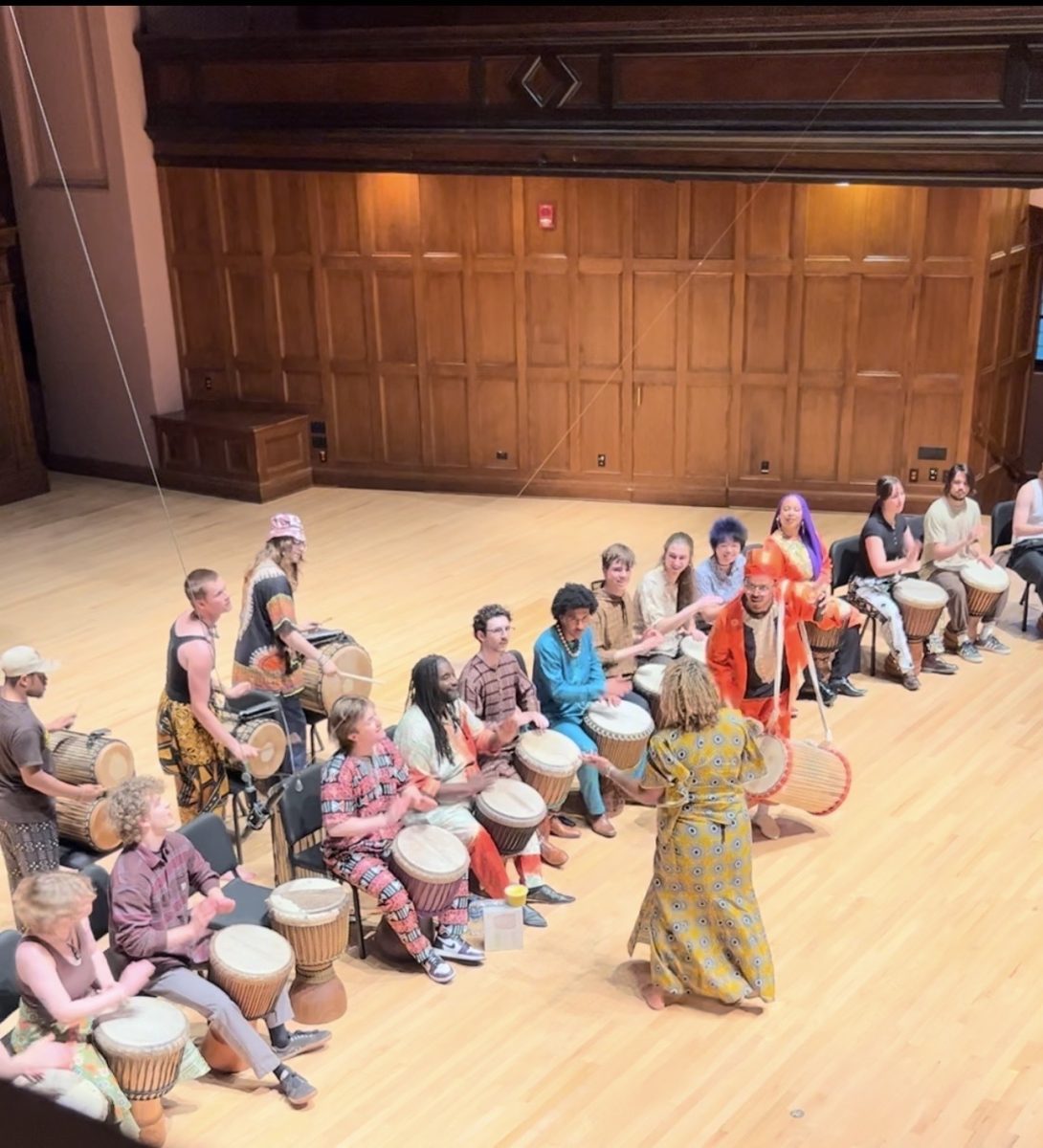Pay Time for Student Athletes
September 6, 2013
It’s high time the NCAA puts an end to one of the most serious injustices in all of sports.
A 2013 report showed that in 40 states, the highest paid public employee is the head coach of a sports team. I’m sure that statistic disgusts many of you, but in reality, all of those head coaches help bring in enormous amounts of revenue for their respective universities.
From 2011 to 2012, 11 schools had athletic departments that generated over $100 million in revenue, while many more Division-I schools made millions in profit. That revenue helps fund many non-athletic activities around campus and its importance should not be understated.
I won’t disagree with you if you still think that college head coaches are overpaid, but there’s a more serious injustice at work here.
Though revenue goes up every year, the most important pieces of this moneymaking process—the athletes that play on the fields, courts and rinks—continue to be uncompensated for their hard work. The head coach of any team would gladly tell you that their job would be meaningless without the effort of the players who actually take the field.
I’ll stop short of saying that athletes here at Oberlin should get paid, since I think we all can agree that athletics come second to academics here. The same isn’t always true at big Division I schools, though.
For many athletes at bigger schools, their athletic career is expected to be their number one commitment, and as long as that’s what they decide to do, it’s fine by me. College sports entertain millions and college athletes often get to showcase their skills on national television and in front of tens of thousands of fans every week.
What isn’t fine by me is a university treating athletes as it would any other student. Expecting a teenager to take a full courseload of classes while also spending time on what amounts to basically a full-time job during the season is downright ridiculous.
It’s time for schools like Ohio State University, University of Michigan and University Texas to stop pretending that their student-athletes are equal parts student and athlete. It simply isn’t the case.
For athletes at big-time Division-I schools, getting compensated for their work on the field would finally recognize their status as important cogs in the moneymaking machine that is the NCAA.
I don’t believe that “student-athletes” should be compensated as if they have a full-time job, but they certainly deserve some small percentage of the massive amount of revenue that their university makes directly off of them.
One might note how many Division-I athletes go on to make millions of dollars and that paying them in college isn’t even necessary. This is a moot point, though, since only baseball has more than two percent of its college athletes go pro, and it doesn’t take away from the fact that college athletes help generate enormous revenue for their schools.
Every Division-I school in the United States would tell you how much they appreciate their student-athletes, and now it’s time for them to put their money where their mouth is.




